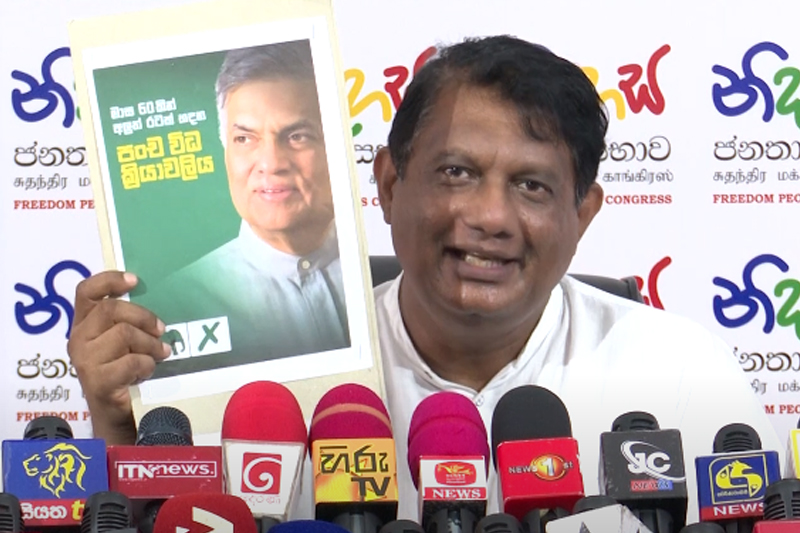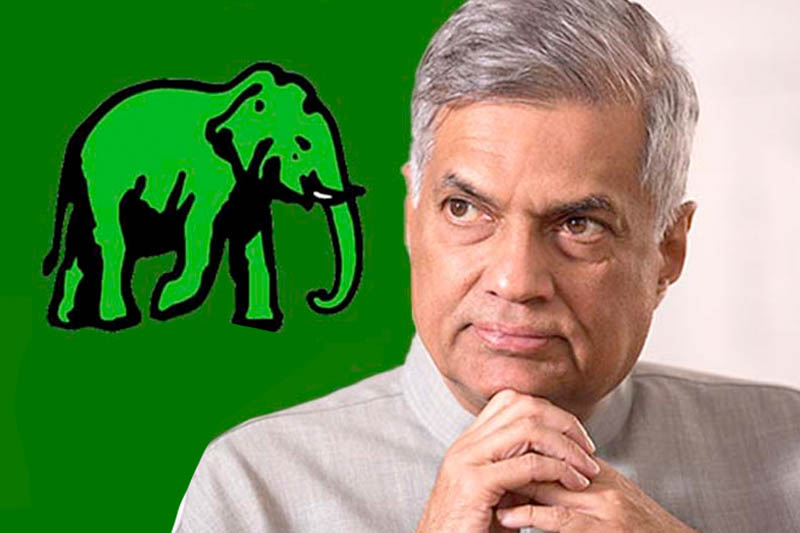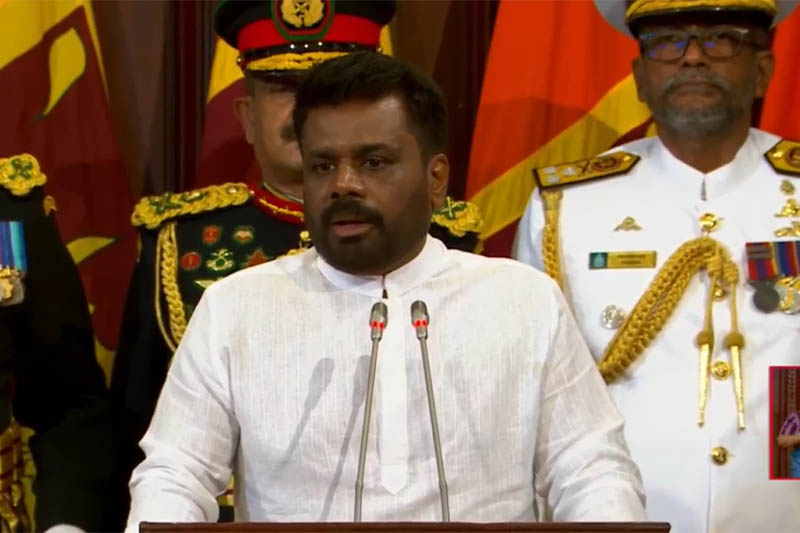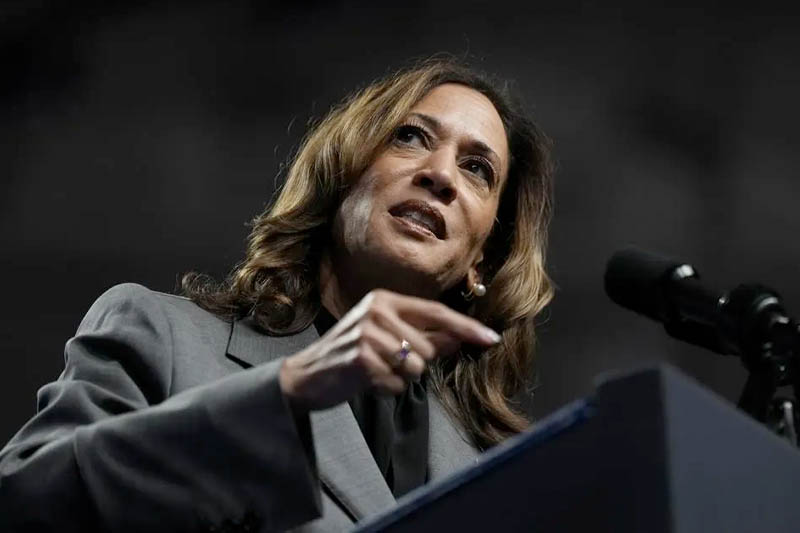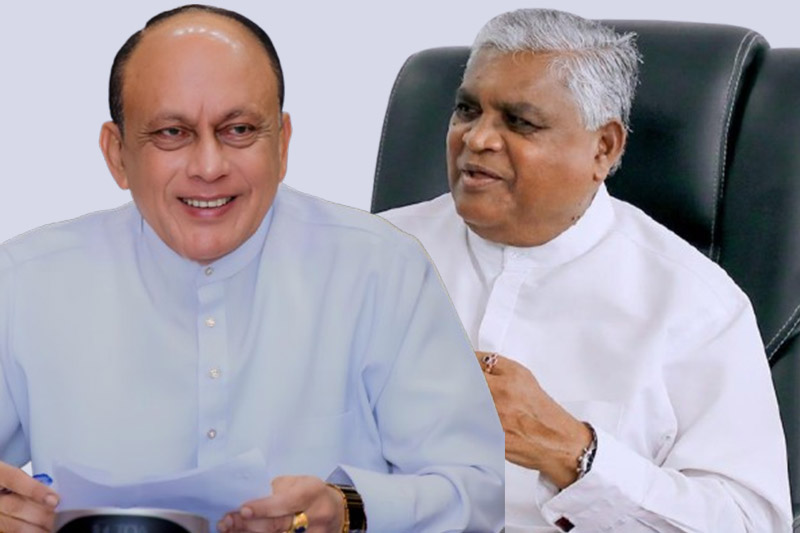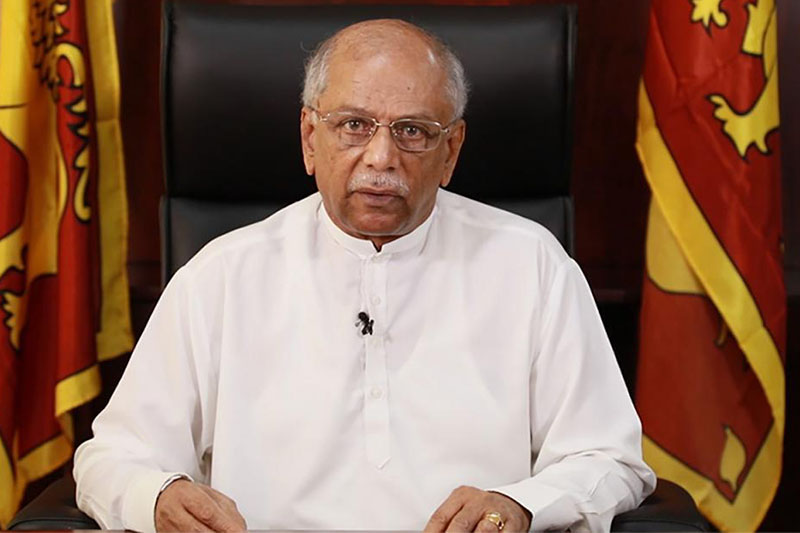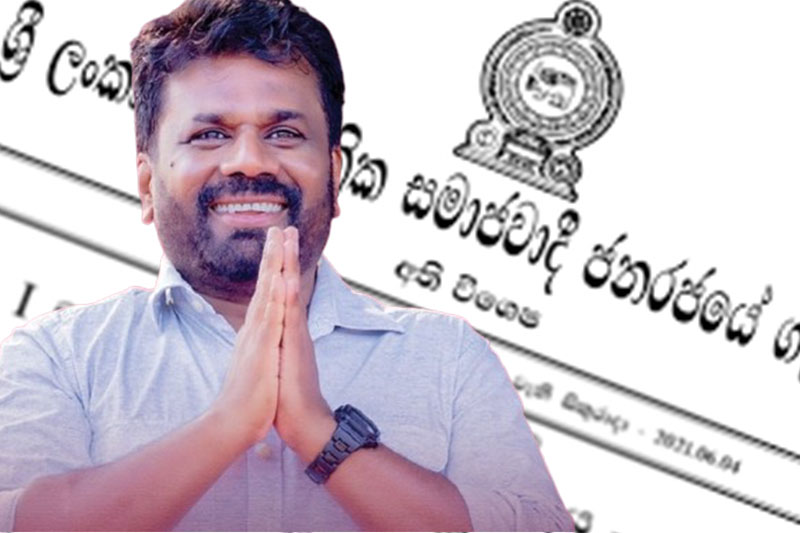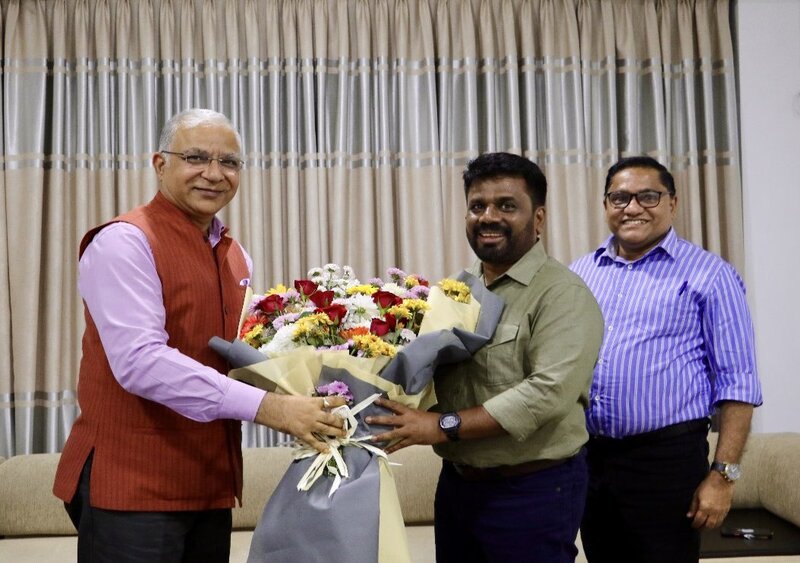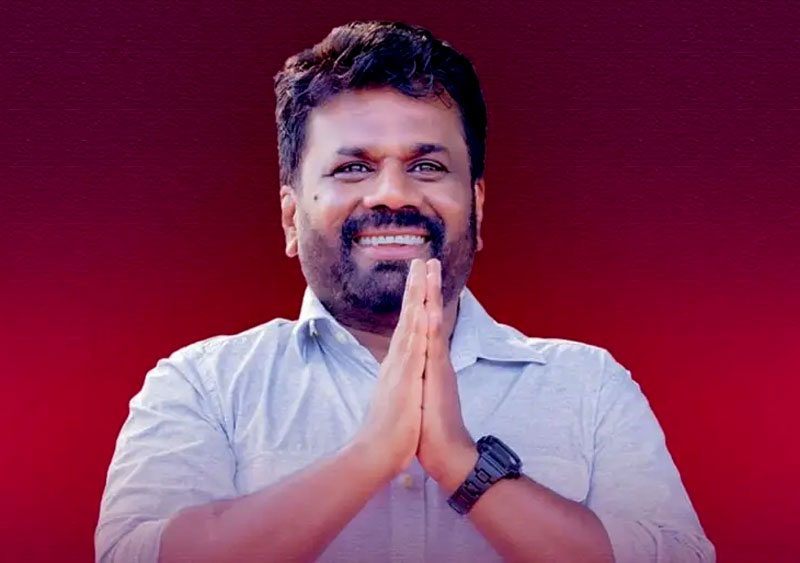Freedom People’s Congress (FPC) MP Dr. Nalaka Godahewa has asserted that the proposals presented by President Ranil Wickremesinghe in parliament, concerning the reinforcement of provincial councils, hold an ulterior motive centred around forthcoming elections rather than a genuine commitment.
He said that President Wickremesinghe is currently enacting the identical 'five-fold process to build a new nation in 60 months.' which was initially introduced by him in 2015, despite the fact that it failed to deliver positive results.
Dr. Godahewa made these observations yesterday (10) during a press briefing in Colombo. Speaking further, the FPC MP said;
"In 2002, Mr. Ranil Wickremesinghe as then prime minister introduced a country-building program called ‘Regaining Sri Lanka.' However, in 2004, Mrs. Chandrika Bandaranaike dissolved the parliament, preventing the continuation of this program.
Subsequently, Mr. Wickremesinghe won the 2015 parliamentary election by presenting the 'five-fold manifesto to build the country in 60 months,' featuring his picture on the front page. This manifesto contained the same concepts in the “Regaining Sri Lanka" program.
It had many grand promises. For instance, it was proclaimed that by 2023, Sri Lanka would become a debt-free nation by significantly reducing borrowing.
From 2015 to 2019, not a single promise was fulfilled. The country's resources were sold, leading to a massive debt trap. Amid a five-year period of rapid growth in the Asian region, Sri Lanka's economic growth rate declined year after year.
Ultimately, after 60 months, all that remained was a failed country, its credit rating downgraded by international agencies, rendering it unable to secure foreign loans. The nation was mired in discord fuelled by racism.
Now, in 2022, Mr. Ranil Wickremesinghe has returned to power through unconventional means due to the turmoil in the country. A careful analysis of his 2023 budget announcement reveals his intent to reintroduce the same economic development plan outlined in the 'five-fold policy statement to build the country in 60 months.' Once again, we encounter talk of a social market economy, with the goal now set for the country to become developed by 2048. The question arises: are there individuals in this country who believe that what was unachievable in the 60 months of 2015-2019 can now be realized by following the same approach?
We are disheartened by the behaviour of the leaders of SLPP who once criticized Ranil Wickremesinghe's economic outcomes in 2002 and 2015. They have now transformed into acquiescent figures, safeguarding their power and endorsing these very measures.
Nonetheless, we have stood and continue to stand against these policies. We have stepped forward to stand our ground, saying no to cabinet portfolios, as we bear a responsibility to the common people of this country. We are well aware that the country cannot prosper while its people remain perpetually burdened.
This week the mid-year financial situation report of the government was presented to Parliament. Upon analysis, my observations become evident.
Upon reviewing the targets set forth in the budget, it is apparent that we are significantly behind the projected goals after six months.
We find ourselves 23% short of the expected revenue.
What has befallen our nation's economy? Thus far, the reports have only covered the first quarter. The economy contracted by 11.5%. The agricultural sector remains stagnant, while the industrial sector has contracted by 24%. The service sector has shrunk by 5%. The construction industry has plummeted by 40%, resulting in around one million individuals losing their sources of income.
Over the last six months, export income has dwindled by $ 650 million compared to the previous year, marking a drastic 12% decline.
Countless professionals are emigrating due to their inability to endure the strain.
The citizens are struggling to make ends meet. There is a scarcity of medicine, income, and sustenance.
Farmers are grappling with water shortages, as misguided governmental actions have led to the abandonment of agricultural land.
The costs of electricity, water, fuel, and gas have surged.
The rupee is on the brink of collapse once more, with the dollar gaining strength. Bloomberg predicts that the dollar could reach 365 rupees by year-end.
Is this the culmination of adhering to every IMF directive, achieved by raising taxes substantially?
Despite navigating a severe COVID crisis in 2020 and 2021, we managed to achieve 3.1% growth in 2022, indicating a flourishing economy. Yet, today, we witness the economy spiraling into rapid decay.
This government, which fails to service debts amounting to approximately $ 5 billion annually, is ill-equipped to manage the economy.
In essence, President Ranila Wickremesinghe's Economic' management has proven futile once again.
It remains uncertain if the members of the Podujana Peramuna, aligned with the government and raising their hands, comprehend this reality.
President Wickremesinghe excels at peddling dreams. He is a dream merchant, and many individuals buy into his visions. However, when morning arrives, these visions remain mere dreams.
His offerings extend beyond economic aspirations to encompass various other realms.For instance, he expounded upon numerous notions about bolstering provincial councils in parliament yesterday.
While certain aspects may appear appealing, a thorough analysis unveils underlying dangers.
We hold no belief in his genuine intention to strengthen these provincial councils and contribute to national development. Instead, his focus appears directed toward the upcoming presidential election, aiming to garner support from the northern populace.
In doing so, he stokes anticipation among them, generating a contentious debate within the opposition political parties.
The people of this country did not oust President Gotabaya Rajapaksa to enforce the 13th Amendment. Their concerns were not rooted in that matter; rather, they were troubled by economic management.
The citizens of this nation did not comprehend that Mr. Gotabaya Rajapaksa had become ensnared in the web laid out by Mr. Ranil Wickremesinghe during the previous regime.
Now, the leaders of the SLPP have engaged the president himself to unravel this complex situation. However, instead of untangling the knot, he persists in weaving the same yarn ball, much as he did back then. In place of addressing economic issues, they appear to be resurrecting an ethnic predicament.
If he genuinely supports provincial councils, his first step should involve conducting constitutionally mandated provincial council elections across the nation.
The citizens of this country did not grant a mandate at the last election to do what Mr Wickremesinghe is trying to do now.
Should such an amendment be desired, the appropriate course of action is to first obtain the people's mandate. The sovereignty of this country rests with its people and altering the constitution requires their consent.
Presently, not a single provincial council is operational within this country. Even local governments remain inactive. All of them are overseen by representatives appointed by the President.
Consequently, it becomes evident that they are endeavoring to consolidate their authority under the guise of power sharing.
Therefore, we implore the citizens of this nation to persist in pursuing this dream. I emphasize that the moment has arrived to assert your rights, without succumbing any longer to illusory dreams."


